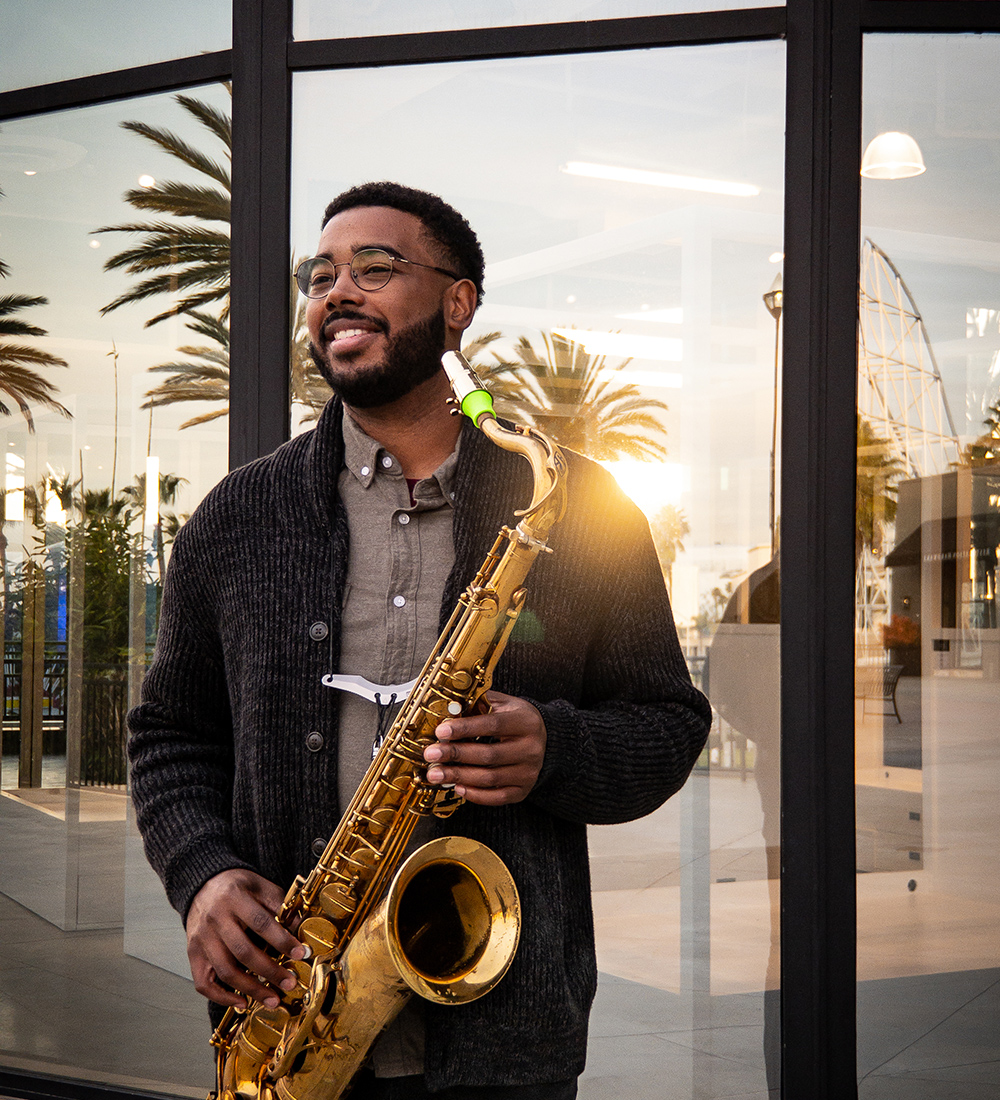Each week we feature one ministry from the many that make up the work and witness of All Saints Church. This week we feature the work of our partners in Prism — an outreach ministry of the Episcopal Diocese of Los Angeles engaged in spiritual care with the incarcerated community in the L.A. County jails — with this reflection by Prism Director Brother Dennis Gibbs.
At the beginning of March, Prism hosted a national prison ministry conference at All Saints. Our theme was “Reimagining Justice in the Age of Mass Incarceration.” The conference featured important voices from across the criminal justice landscape with critical conversations on how we might reimagine Life Behind Bars, Re-entry Projects, Victim-Offender Reconciliation, Prosecution Reform that included both current prosecutors and defense attorneys; Death Penalty, post-sentencing legal support and Juvenile Justice Reform.
The conference also featured celebrities and world-class musicians, but the real stars of the three-day gathering were our friends who have returned from living life in exile in jails or prisons and the telling of their stories – stories that largely go untold and voices that too often are not heard. One of those stories came from Jack Morris, who was recently released from prison after serving the last 37 years in solitary confinement.
The idea that conversations about how to reimagine justice should be held at the center by those women and men whose lives were most directly impacted was an inspired one, and it made this conference unique and powerful. In a way, the experts, professionals, and celebrities where all the supporting cast in this gathering where people were encouraged to reimagine their own views, important connections were made and lives were truly changed. Here is just one of those stories.
Isabel is a sixteen year old high school student. She and her mother Alison had planned to attend just the first day of the conference as it was being held during the weekdays and school was in session. However, they found the speakers and panel discussions so compelling they decided to stay for all three days, sitting in the same two seats right up front and never missing a moment. After the conference ended, Isabel returned to her seemingly normal routine. Although, she said that when she returned to school the next day, everything was different. She told her parents that she saw people differently. She heard things differently. She said that her world had changed.
That would have been a good enough ending to the experience, but it wasn’t the end of it for Isabel. A few days after the conference, she found herself with an opportunity to read poetry at her school in front of other students gathered in the school square. She stood on the soapbox and offered her poetic words and call to social justice. She would say later that the conference gave her a new voice and the courage to speak out. Now, that would also have been a more than good enough ending to Isabel’s story, except that it wasn’t the end of the story, not for her and not yet.
A week later, Isabel’s father Michael reports that Isabel would not (or could not?) stop talking about the conference. A few more days go by and Isabel is at LAX preparing for a trip with her family to London to visit her sister attending school there. Well, guess who she runs into at the airport? None other than Jack Morris. They sat for 45 minutes and talked. These two who just days before were strangers in one another’s lives, but no longer. Isabel, a bright, young woman finding her voice and her way in the world; and Jack a man who had already been in solitary confinement for twenty years when she was born, and also finding his voice and his way in a whole new world. Isabel described Jack as “gracious and adorable.” I have a sense that that is how God sees Jack, Isabel then referred to him as “my new best friend.” Sneaky Jesus!
These are the moments in time that no person can predict or orchestrate. The best we can do is try to create the sacred space environment and opportunity for the Holy Spirit to carry us into unexpected and sometimes amazing places. We have learned this well from our many years of walking the hard but grace-filled road with our incarcerated friends living in exile.
Isabel and Jack’s story is an important one because it speaks of hope for the future. Isabel’s future, Jack’s future, and our future. The stormy weather pattern of our nation and our world, as well as the challenge of criminal justice reform, may cause one to wonder where our hope will come. The answer can be found in large part in the millions of people marching. From The Women’s March and The March for Our Lives, to Isabel standing on her soapbox at school, the people are rising and demanding their voice to be heard. It is the young who are our voice now and they who are our hope for the future.
Surely, our work does and will continue in the jails and prisons. We will continue to do our part in lifting the cry of those whose voices are too often silenced by a system that is far from just for all. But I am keenly aware now of the importance of handing our experience strength and hope to a new generation of prophets and peacemakers. We must take what we have learned and hand it to those like Emma Gonzalez and Isabel who can carry us forward to new horizons with new vision for our future.
For more information on Prism visit their website or come by their table on the lawn this Sunday, April 8th.



